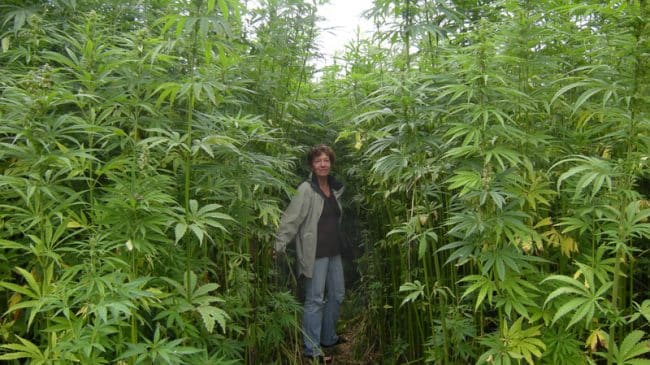This article seeks to add to the discussion about hemp prohibition in the United States by comparing the environmental performance of industrial hemp relative to its substitutes in a few key industrial applications. The life cycle environmental performance of industrial hemp products is of particular interest because environmental inefficiencies often impose costs on society as a whole, and additionally, the government has initiated a large number of programs intended both to reduce pollution and to increase production of bio-based industrial feedstocks. The positive attributes of industrial hemp are considered here in the context of counter-vailing attributes.
